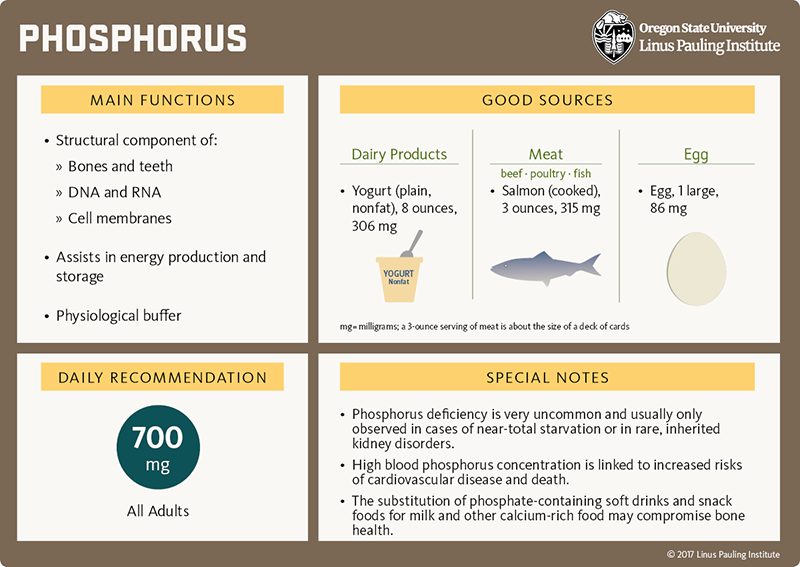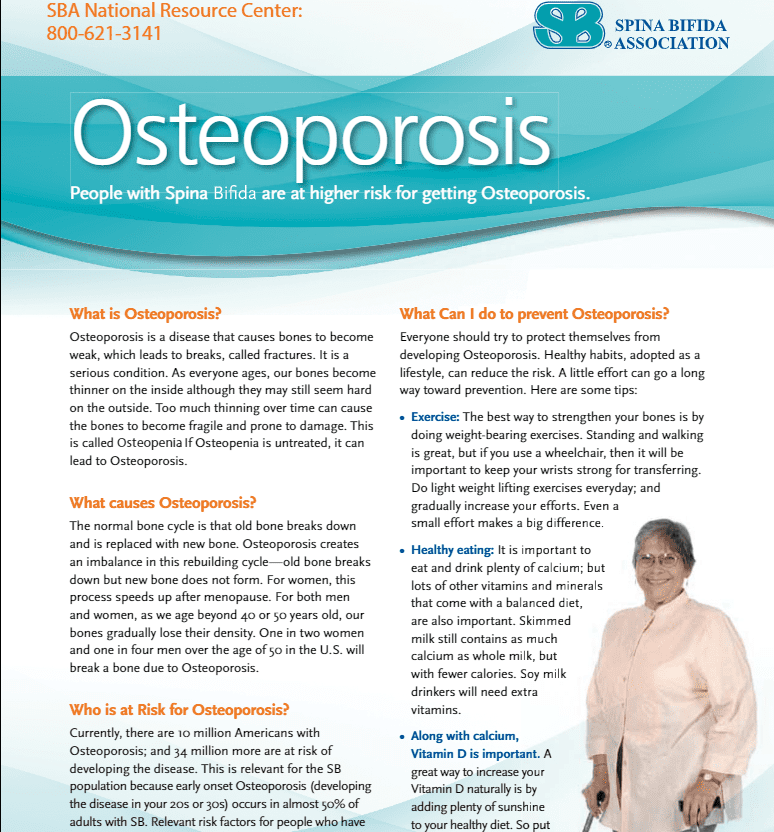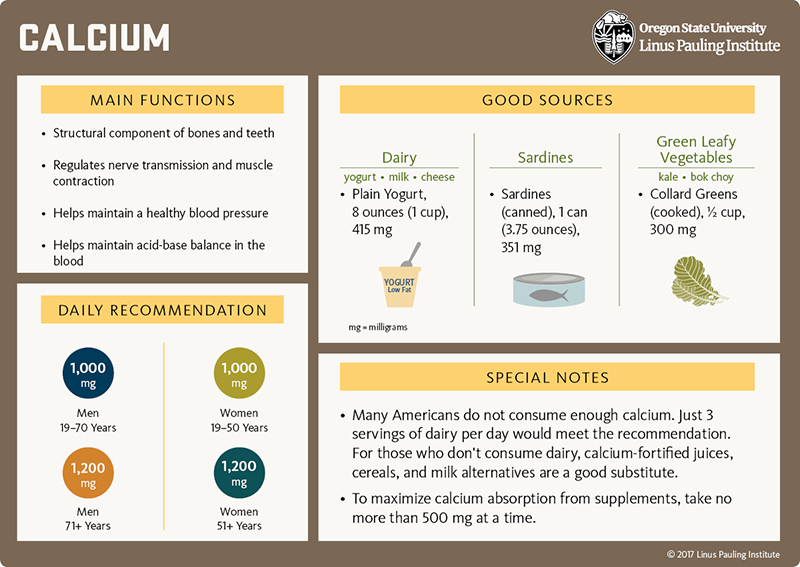Excessive Intake of What Mineral Can Lead to Osteoporosis
Aging increases the chance of osteoporosis. Inadequate intake of this non-essential mineral leads to dental caries.

Osteoporosis Linus Pauling Institute Oregon State University
Ad What is Osteoporosis.

. While proteins are needed to drive bone development and maturation high protein diets can reduce bone mineral density. Inadequate intake of this mineral can lead to poor growth and sexual immaturity. Osteoporosis affects women more than men but.
Which of the following is a role of magnesium. Match each vitamin with its signs of toxicity. Cadmium interferes with zinc and copper metabolism.
A Deficiency of mineral can lead to tetany. Ad Find Out These 20 Signs Of OsteoporosisYou Need To Know 18. Niacin Skin flushing correct.
See the list of 20 signs of Osteoporosis. Excess intake may contribute to hypertension in those sensitive to this material. Excessive alcohol consumption low levels of physical activity Individuals who have reached their peak bone mass may lose bone mass as they age or.
Excessive iron can interfere with copper and manganese metabolism. Toxic metals play a role in many conditions including osteoporosis. Mercury may affect thyroid activity and the metabolic rate.
13 Therefore a high salt intake is considered one of the major risk factor for osteoporosis due to increased calciuria. Imbalance concentration of calcium and vitamin D can result in osteoporosis and other factors which contribute to imbalance concentration are. Learn the different stages and symptoms of osteoporosis that you need to know.
Excessive intake of what mineral can lead to osteoporosis. Vitamin K More on Vitamin K. Found an association between greater cola intake and low bone mineral density in older women in the Framingham Osteoporosis Study but no association with non-cola carbonated beverages.
We therefore examined the influence of caffeine consumption on bone mineral at six skeletal sites in an age-stratified random sample of white women residing in Rochester Minnesota. Deficiency of vitamin K is one of the possible causes of osteoporosis as it contributes to lower bone mineral density that can eventually lead to. Find out these stages and symptoms right now.
Inadequate intake of this non-essential mineral leads to dental caries. Excess intake of this mineral can inhibit thyroid gland function. Higher doses of caffeine around 800 mg or more per daymay up your risk of developing osteoporosis new research suggests.
Which of the following is the primary mineral in the hydroxyapatite crystals that provide strength and structure to bones and enamel on teeth. For women 700 micrograms mcg or 2330 international units IU of vitamin A are recommended a day. High caffeine consumption has been proposed as a risk factor for osteoporotic fracture but the evidence associating high caffeine intake with low bone density is inconsistent.
The hormone aldosterone causes. Inadequate intake of this mineral can lead to poor growth and sexual immunity. Participants chewed 800 mg of caffeine or.
For men the daily recommendation is 900 mcg or 3000 IU. Excessive intake of some vitamins can result in toxicity. Now a new study has revealed that if we drink too much caffeine it can raise our risk of osteoporosis - a health condition where bones can become fragile and may lead to broken or fractured bones.
Insufficient intake of this mineral can lead to osteoporosis. The FDA recommends 400 mg of caffeine per day as a generally safe. Bioavailability of calcium is.
Lead can replace calcium in the bones. Excessive intake of what mineral can lead to osteoporosis. Studies indicate that excess vitamin A stored in the body may increase the risk of reduced bone mineral density and lead to osteoporosis.
5 Recently a large and long-term epidemiological study published in Sweden suggested that high coffee consumption was associated with a small reduction in bone density. There is a complex relationship between protein intake and osteoporosis. Excessive intake of this mineral can inhibit thyroid gland function.
Most Americans easily reach this goal without any. 14 16 The calciuria can be hypothesized to be partly due to salt-induced volume expansion which might lead to an increase in glomerular filtration. After 50 there is high chance of getting osteoporosis.
Dietary consumptions of sodium chloride salt and excess protein are known to increase urinary calcium excretion. Inadequate intake of this mineral can lead to poor growth and sexual immaturity. This supported prior studies in rats that showed impaired bone mineralization and hyperparathyroidism when rats were given cola in place of water.
You will want to pay close attention to 15. A lack of body fat and low levels of estrogen can lead to the loss of bone mineral accretion and density and increases the risk for osteoporosis and fractures. Bone mineral density BMD is an indicator of bone quality and correlates with bone strength.
Excessive bone loss can lead to the development of osteopenia and eventually osteoporosis. However studies show that there is a difference between the effects of plant proteins and animal proteins on bone mineral density. Insufficient intake of this mineral can lead to osteoporosis.
For bone health of which sustained inadequate intake can contribute to the development of osteoporosis. What is the recommended sodium intake AI for adults up to 51 years of age. Sources in the diet include fish liver oils mackerel salmon especially sockeye salmon sardine shrimp.
To date it is well known that consumption of coffee may increase urinary excretion of calcium which may induce osteoporosis especially in people with inadequate calcium intake such as the elderly.

Osteoporosis Linus Pauling Institute Oregon State University

Comments
Post a Comment